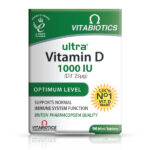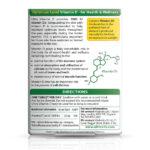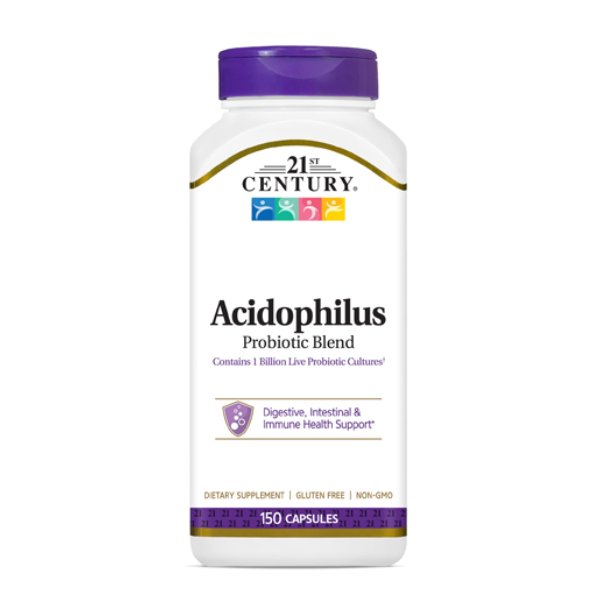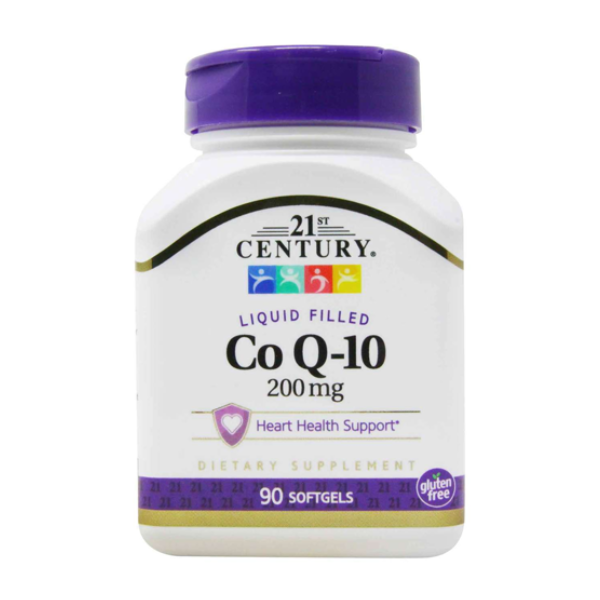

 Co Q10
Co Q10 Cinnamon
Cinnamon Calcium
Calcium



2,450.00৳ Original price was: 2,450.00৳ .1,850.00৳ Current price is: 1,850.00৳ .
To pick up today
Free
Our courier will deliver to the specified address
2-3 Days
Charge Varies
We deliver all over Bangladesh
3-7 Days
Charge Varies
Payment Methods:
Ultra Vitamin D3* 1000 IU (25µg)
Optimum Strength Vitamin D3 Tablets
Ultra Vitamin D provides optimum strength vitamin D, a nutrient that plays a truly remarkable role in the body and is important for many areas of health. It not only contributes to the maintenance of normal bones and teeth but is also known for its role in supporting normal function of the immune system, normal cell division and normal muscle function.
Vitamin D is synthesized by the body on exposure to sunlight. However, many areas of the world receive insufficient sunlight and even in sunny areas, many choose to limit their exposure due to the negative health effects of excessive exposure to the sun’s UV rays. These factors have led to widespread low vitamin D levels in many parts of the world.
Many national governments now recommend vitamin D supplementation for the entire population, due to the many benefits of this key nutrient. The UK Department of Health recommends that everyone (including pregnant and breastfeeding women) should consider taking a daily supplement containing vitamin D especially during the autumn and winter. (Source
What is Vitamin D?
Vitamin D is a fat soluble vitamin found in foods such as mushrooms, oily fish, butter and egg yolk. Vitamin D has functions and benefits that are probably more wide ranging than any other vitamin.
There has been huge renewed interest in vitamin D recently, with new global research showing that the health benefits of this nutrient stretch beyond bone health. There is increasing evidence for the beneficial effects from dietary vitamin D which has shown benefits for its contribution to:
Normal function of the immune system
Maintenance of normal bones and teeth
Normal absorption and utilisation of calcium and phosphorus
Normal muscle function
Normal blood calcium levels
The process of cell division
For adults over the age of 60, it has also been shown that a daily vitamin D intake of 20µg or more from all sources helps to reduce the risk of falling associated with postural instability and muscle weakness. Falling is a risk factor for bone fractures among men and women 60 years of age and older.
D3 the preferred bioactive form
Ultra Vitamin D provides effective levels of the preferred form of vitamin D3 (cholecalciferol). Ultra Vitamin D provides British Pharmacopoeia quality vitamin D3. D3 is the preferred form of vitamin D because it is the specific form made in the human body and therefore more effective than D2 which is found in some supplements.
Vitamin D – the sunshine vitamin
While our bodies manufacture vitamin D on exposure to sunshine, the levels in many countries is so weak during the winter months that our body makes little or none at all, meaning that dietary supplements are often the best way to safeguard intakes of vitamin D. Many populations, including the majority of those in Europe, require an additional dietary source of vitamin D to achieve and maintain an adequate status of this important vitamin.
In addition, the body does not generate vitamin D when sitting behind a glass window, whether in your car or at home, because these UV rays cannot penetrate glass to generate vitamin D in the skin. Sunscreens, even weak ones, while essential to protect the skin, can affect the body’s ability to generate vital vitamin D.
Vitamin D and the diet and health benefits
Vitamin D is naturally present in some foods (e.g. oily fish such as herring, sardines, fish liver oils, eggs, butter) and in a few foods that are fortified (e.g. margarine, some cereals, some yoghurts). Vitamin D is fat soluble, therefore advice to eat lower fat diets may contribute to reduced intakes from foods and hence dietary supplementation may be needed. In the UK, an average diet provides 3-4 µg of vitamin D per day and only a little more if oily fish is consumed.
There are several reasons why vitamin D supplementation may be especially recommended, including:
Government health advice to reduce sun exposure which can mean less Vitamin D is produced naturally by the body.
Reduced sun exposure in some groups of the population e.g. older people, those who cover their skin, certain occupations, medical reasons and those with darker skin tones (as greater skin melanin content can reduce the skin’s production of vitamin D).
Increased requirement at certain life stages e.g. the elderly population, whose skin may not be able to synthesise vitamin D as effectively.
Those with increased dietary intolerances (e.g. lactose and dairy) or allergies.
People who are on a diet.
*Ultra Vitamin D provides D3, which is preferred form of vitamin D.
This information is not intended to be a substitute for professional medical advice, diagnosis, or treatment. Always seek the advice of your physician or other qualified health professionals regarding any medical condition.
In stock
In stock
In stock
In stock
In stock
In stock
 Co Q10
Co Q10 Cinnamon
Cinnamon Calcium
CalciumNo account yet?
Create an Account
Reviews
Clear filtersThere are no reviews yet.